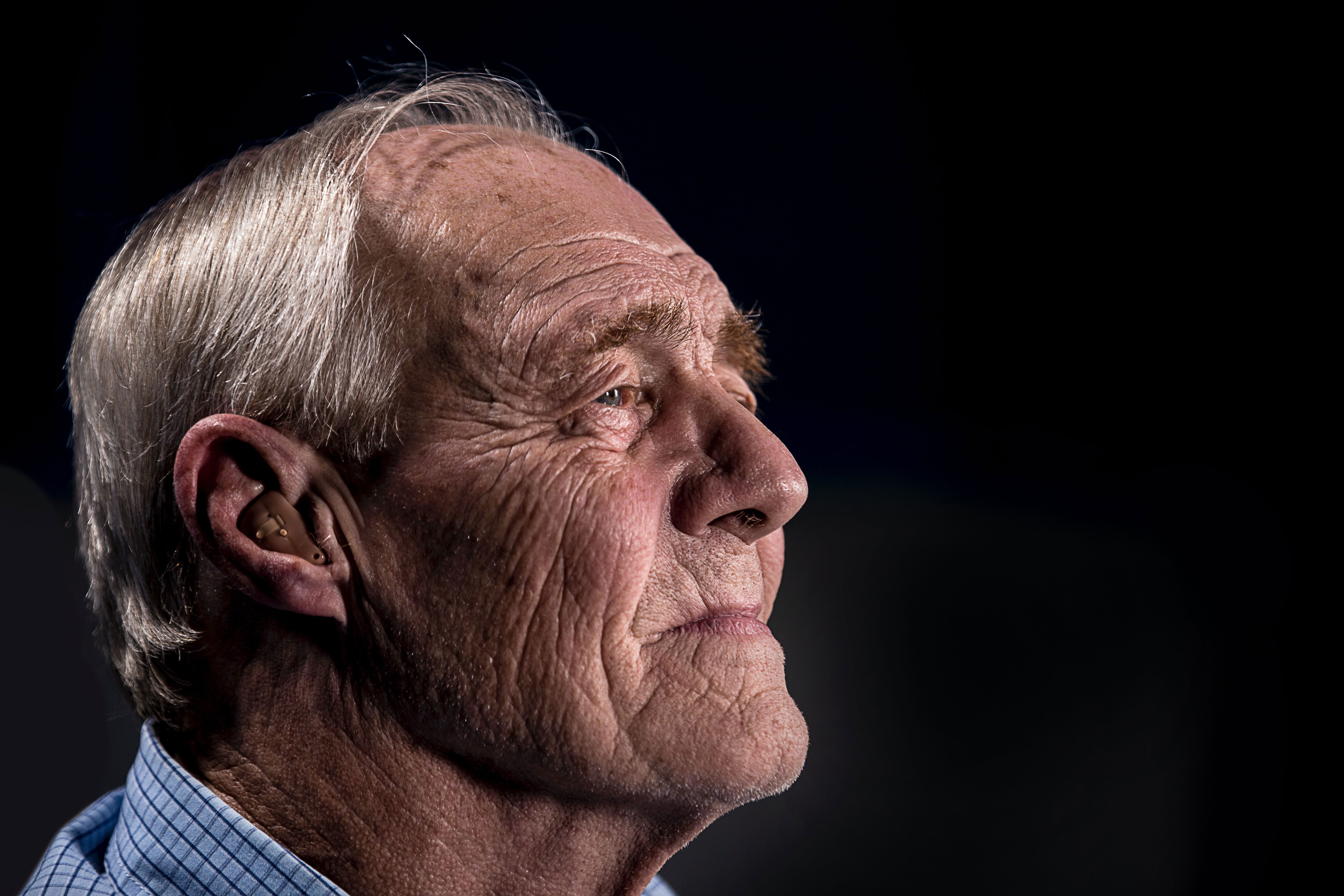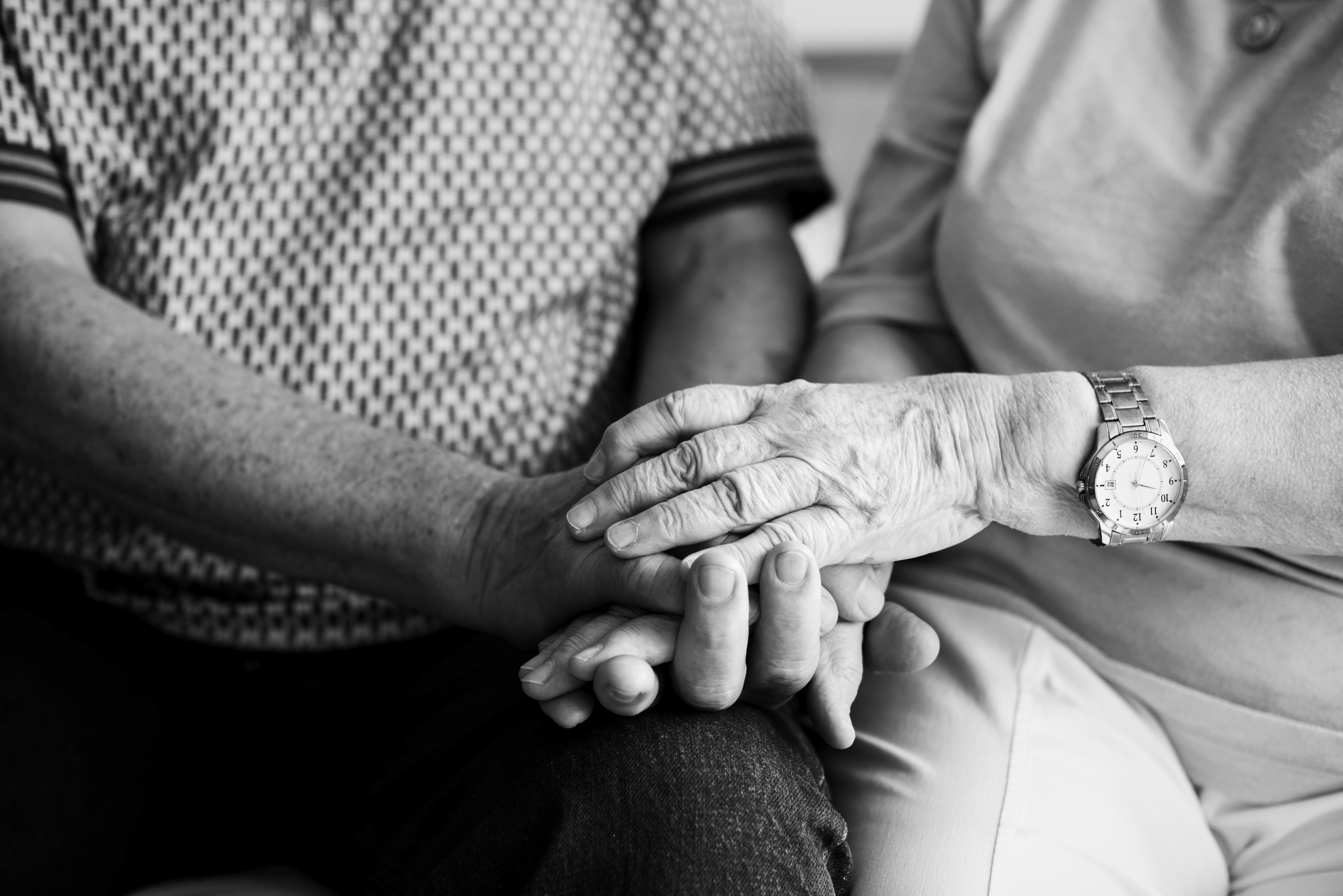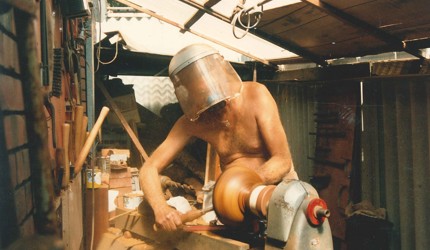
What is a good death? Choosing how you live your final days is one of the last significant decisions you ever get to make. Knowing what to expect can help you and your loved ones get the most out of every day before you die.
Thinking about death is confronting for many people, especially if it’s your own or that of someone close to you. For those living in residential aged care or entering palliative care, it’s a good time to discuss what’s ahead. Involving the people around you ensures everyone understands what a good death means to you.
What does a good death look like?
Brightwater End of Life Coordinator Ed Gaudoin has worked in palliative care and aged care for more than 25 years. In that time, the approach to care has changed a lot, especially when it comes to dying. He shares his opinion of what a good death looks like and how it can be achieved.
“When I first started working in palliative care, we often waited until the last days of life before we had these important discussions with the family,” Ed said.
“It often started with a crisis and the decisions being made weren’t always in the best interest of the person.”
Ed said those decisions usually revolved around medical interventions like cardiopulmonary resuscitation (CPR), intubation and intensive care, which can all be traumatic for people who have frail bodies. Without an Advance Care Plan to give instructions in the event someone is dying, there was little choice.
“Those kinds of treatments extend a poor quality of life, rather than a good death for the frail,” Ed said.
“The outcome was we’d often send people to the hospital to die, which maybe isn’t the best place.”
Why an Advance Care Plan is critical for a good death
Having those discussions, making end of life decisions, and documenting them in an Advance Care Plan is vital to a good death. It allows carers and staff in residential aged care to speak openly to family and friends about how their loved one is deteriorating. It helps set expectations for everyone as death progresses and is a key component of keeping people comfortable as they die.
“The Advance Care Plan helps us treat each resident with dignity at the end of their life. It’s not all about the CPR and medical intervention,” Ed said.
“It’s about what makes you feel safe. Is it your family? Is it your dog? Is it your bedroom? Is it a particular smell that takes you back to childhood? Is it music?”

Managing the progression of death
As a disease progresses, having an ongoing dialogue with carer givers also contributes to a good death.
“We’ll sit down with the resident and their family and explain what’s happening,” Ed said.
“We have a big care team to advise us including occupational therapists, physiotherapists, speech therapists, and dieticians – those allied health professionals are gold in aged care facilities.
“As a multidisciplinary team we can support the resident in determining what “safe” care looks like for them and support them as they deteriorate as they wish.”
“The whole team supports the families – it’s not just nurses and doctors, There’s the care workers, the hospitality team, the volunteers that have built a relationship with the person in the bed, as well as the caregiver.
“This provides a sense of security in the residential aged care facility.”
The shift away from fully medicalised deaths
There’s a prevailing belief in Western society that receiving medical care until death is ideal. While a fully medicalised death may extend the time you’re alive, it’s not designed to improve the quality of your last days. Ed has noticed a shift in Western Australia where healthcare and aged care professionals are giving people the option of deciding how they want to live and how they want to die.
“What we’re realising is there are multiple options for dying and some of the best deaths are in aged care facilities,” Ed said.
Ed attributes this to a combination of things. The first is following the Advance Health Directive (AHD) and the Advance Care Plan, especially for things like CPR and medical interventions.
Next, in an aged care facility, the family is kept well-informed by people they already know and who know their loved ones. These relationships are cultivated over time and result in a caring team of people focused on a good death. Aged care staff are prepared to give the desired end of life care and have the right equipment to do it.
“Staff have known the resident and their family for such a long time,” Ed said.
“The respect and dignity given to residents at the end of life is amazing.”
The goal of palliative care in a good death
A primary goal in palliative care is to have early discussions about quality of life as you go through the process of dying. The focus is on reducing a resident’s distress by managing symptoms to keep them comfortable. Symptoms can include physical, social, spiritual, family, and mental distress – anything that diminishes quality of life. Good communication with families helps reduce anxiety about what to expect while their loved one is dying.
“The family has a good bereavement outcomes, and the staff have a sense of satisfaction with their job.”



